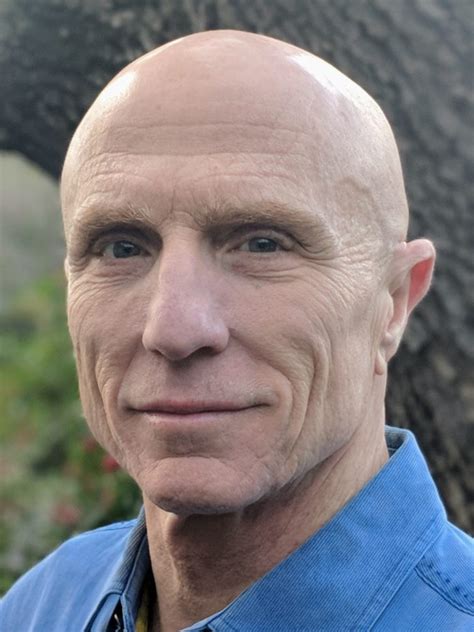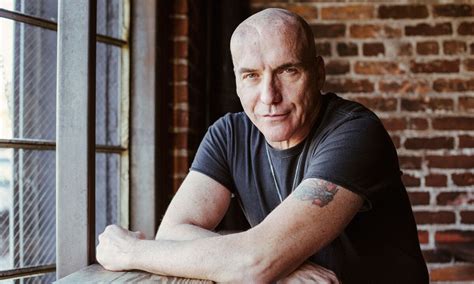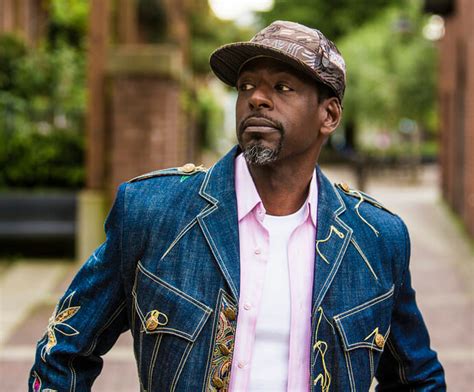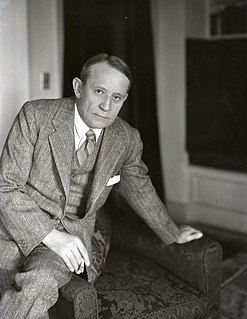A Quote by Erich Fromm
The more the drive toward life is thwarted, the stronger is the drive toward destruction; the more life is realized, the less is the strength of destructiveness. Destructiveness is the outcome of unlived life.
Related Quotes
Renunciation - non-resistance - non-destructiveness - are the ideals to be attained through less and less worldliness, less and less resistance, less and less destructiveness. Keep the ideal in view and work towards it. None can live in the world without resistance, without destruction, without desire. The world has not come to that state yet when the ideal can be realised in society.
Though no participator in the joy of more vehement sport, I have a pleasure that I cannot reconcile to my abstract notions of the tenderness due to dumb creatures in the tranquil cruelty of angling. I can only palliate the wanton destructiveness of my amusement by trying to assure myself that my pleasure does not spring from the success of the treachery I practise toward a poor little fish, but rather from that innocent revelry in the luxuriance of summer life which only anglers enjoy to the utmost.
Passion and drive are not the same at all. Passion pulls you toward something you cannot resist. Drive pushes you toward something you feel compelled or obligated to do. If you know nothing about yourself, you can't tell the difference. Once you gain a modicum of self-knowledge, you can express your passion.....It's not about jumping through someone else's hoops. That's drive.
We must move from ... the primacy of technology toward considerations of social justice and equity, from the dictates of organizational convenience toward the aspirations ofself realization and learning, from authoritarianism and dogmatism toward more participation, from uniformity and centralization toward diversity and pluralism, from the concept of work as hard and unavoidable, from life as nasty, brutish, and short toward work as purpose and self~fulfillment, a recognition of leisure as a valid activity in itself.
Whatever we say and mean by life is just a journey toward death. If you can understand that your whole life is just a journey and nothing else, then you are less interested in life and more interested in death. And once someone becomes more interested in death, he can go deep into the very depths of life; otherwise, he is just going to remain on the surface.
Re-vision – the act of looking back, of seeing with fresh eyes, of entering an old text from a new critical direction – is for woman more than a chapter in cultural history: it is an act of survival. Until we understand the assumptions in which we are drenched we cannot know ourselves. And this drive to self-knowledge, for women, is more than a search for identity: it is part of our refusal of the self-destructiveness of male-dominated society.
It's been a real success - one of the great business successes in the United States - to break down organization, to separate people too: it's part of consumerism. If you can drive people toward individual consumption, that's the highest goal in life. And furthermore, drive them into debt so they're trapped. You don't have to worry about a democracy function because people are trapped and they're alone.
I'll tell you what I think. I think sages are the growing tip of the secret impulse of evolution. I think they are the leading edge of the self-transcending drive that always goes beyond what went before. I think they embody the very drive of the Kosmos toward greater depth and expanding consciousness. I think they are riding the edge of a light beam toward a rendezvous with God.





































